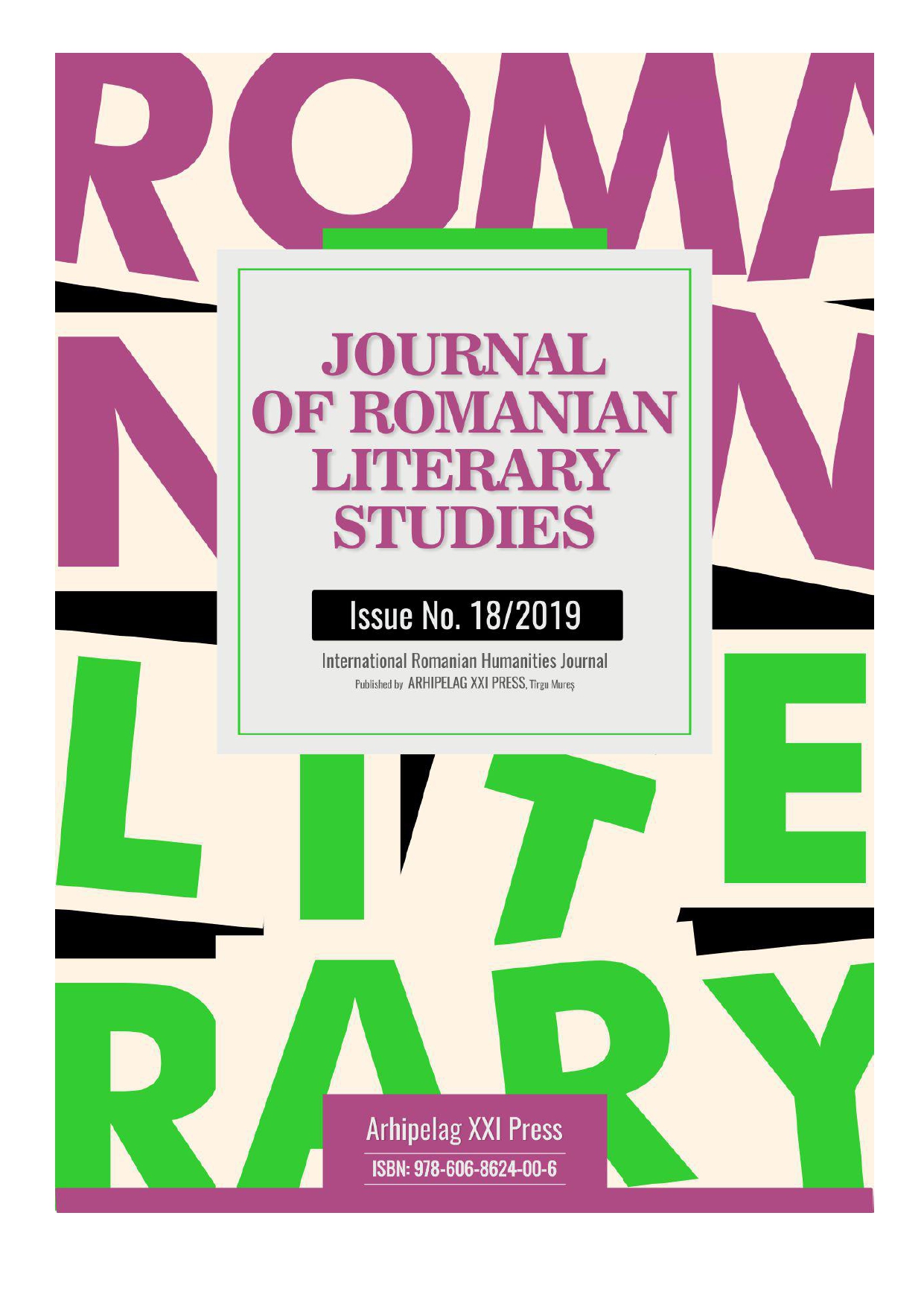INTERNATIONAL ASSESSMENT METHODS
INTERNATIONAL ASSESSMENT METHODS
Author(s): Maria AlexandrescuSubject(s): School education, History of Education, Educational Psychology, Pedagogy
Published by: Editura Arhipelag XXI
Keywords: international assessment methods; PISA; literation;
Summary/Abstract: From the two perspectives to which the assessment refers to, the internal and external one, I have chosen the latter for this article, as it places the issue of assessment at the level of the macrosystem, having as objective the measurement of the social effects of learning in an European/international context. Ensuring a qualitative education for all students represents the main objective of each education system. Our approach aims to present, in a descriptive manner, one of the three international assessment programs, namely PISA, and then to identify the factors influencing students' performance and, also, to mention the intervention strategies at the level of the Romanian education. The study is based on the 2000-2017 PISA National Center Reports. According to these reports, Romania ranked, in 2015, the 48th place, out of the 72 countries included in the test, i.e. about 42% of the 15-year-old pupils from Romania are below the minimum performance threshold, being considered as functional illiterates. Several associations in the country have undertaken actions in order to formulate educational policies in response to the issues raised by the international bodies. Therefore, these tests cannot be the only way to asses students around the world, they deserve to be accompanied by tests that should also reflect the affective and the motivational dimensions. The exaggerated competition leads to feelings of insecurity for some children from disadvantaged families, who are more easily exposed to school failure. Also, performing such PISA tests involves preparing students on similar models.
Journal: Journal of Romanian Literary Studies
- Issue Year: 2019
- Issue No: 18
- Page Range: 156-167
- Page Count: 12
- Language: Romanian

